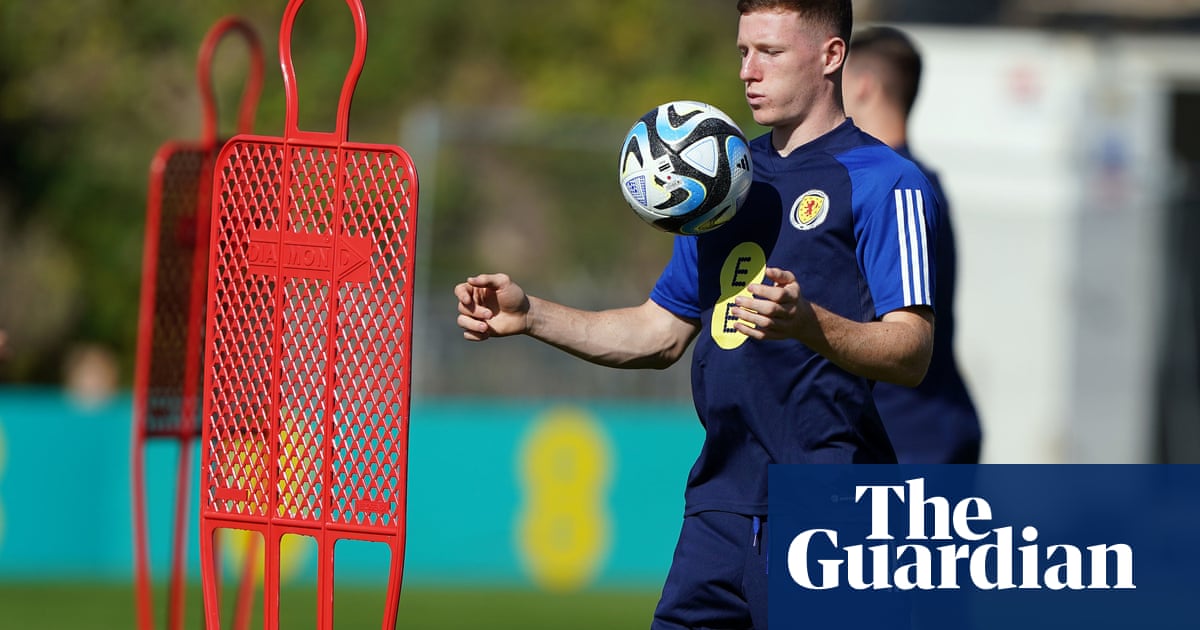
The Christmas No 1 was once one of the most sought-after prizes in music. Whether it was Slade taking on Wizzard in the 1970s, or Wham battling to beat Band Aid in the 1980s, all the speculation in the industry would revolve around which single would provide the soundtrack to the New Year.
That was, of course, until the last couple of decades, because once The X Factor – which ITV on Thursday confirmed would not be making a return to screens – came along the winner almost became a foregone conclusion.
The notion that the series creator, Simon Cowell, killed one of pop music’s great traditions is perhaps the greatest testimony to his transformative effect on both the music industry and Saturday night television.
From the show’s launch in 2004 until 2014, seven of the 11 Christmas No 1 singles were performed by that year’s X Factor winner and produced by Cowell’s record company. One of the others, a re-release of Rage Against The Machine’s 1991 single Killing in the Name Of, was a direct protest at Cowell’s Christmas monopoly.
However, like most of the programme’s winners, the star power of The X Factor, which catapulted the likes of Little Mix, Leona Lewis and One Direction to fame, has waned in recent years, culminating in Thursday’s announcement.
“There are no current plans for the next series of The X Factor at this stage,” an ITV spokesperson said.
The programme itself was a disorienting cocktail of 70s Saturday night glamour and the bombast of 00s reality television. It was our own version of the film A Star Is Born where we the viewers were invited to vote – for a fee – for our own Judy Garland. Except sometimes the most memorable contestants weren’t very good singers at all.
A total of 19.6 million viewers watched Matt Cardle beat One Direction in 2010, a 60% audience share. However, by 2019 the first X Factor live show received ratings of only 2.95 million, and since then the writing has been on the wall.
The idea was hardly new: Popstars and Pop Idol had shortly preceded it and also managed to win Christmas No 1 spots. But those programmes had an air of the reality of making it as a pop star: trying to stay in tune while performing in front of a table full of ageing songwriters and record company executives.
The X Factor, however, was brash, noisy and glitzy. Cowell’s pantomime disapproval, Cheryl Tweedy’s star power and Sharon Osbourne’s no-nonsense expertise was something else altogether. It was no surprise when the format was exported to the US and became a huge hit.
Cowell’s other brainchild, Britain’s Got Talent, is set to continue this year, meaning his grip on ITV’s Saturday night schedule is not completely relinquished. He is also has a new programme, Walk the Line, coming this autumn. But rumours of Cowell’s dissatisfaction have been circulating for months. An unnamed source identified as a show insider told the Sun there were concerns The X Factor had stagnated and that Cowell did not want to limp on.
“Globally, it is still a phenomenon and rakes in millions every year. But in the UK, there is no question it has become slightly stale,” the source was quoted as saying. “Simon remains at the top of his game and knows how to make a hit. He owns the rights to the show, and it’s his call – not ITV’s – whether or not he drops it.”
Rumblings of discontent about the downward trajectory of the show have been emanating from Cowell himself for several years. In 2015, he was quoted as saying: “You can’t keep making the same show with the same format because if everybody knows what is going to happen every year, eventually people will get tired of it.”
According to the Official Charts Company, the show has accounted for 43 No 1 singles, with Little Mix the most successful of the season winners in that respect, having released five No 1s. The biggest-selling single by an X Factor winner was James Arthur’s Impossible, which sold about 2m copies.












